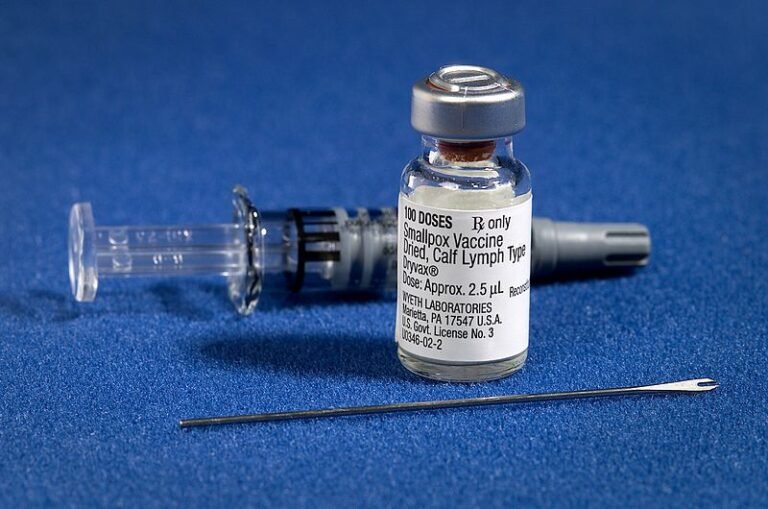Smallpox vaccines have played a vital role in the history of global health, helping to eradicate one of the most deadly diseases known to humanity. These vaccines, originally designed to protect against smallpox, continue to be important today, especially as they offer protection against related viruses such as monkeypox. Understanding how smallpox vaccines work, their different types, and their current uses helps explain why they remain relevant even decades after smallpox was declared eradicated.
Smallpox vaccines work by using a live virus called vaccinia, which is related to the variola virus that causes smallpox but is less harmful. When a person receives the vaccine, their immune system is stimulated to produce antibodies and immune cells that recognize and fight the smallpox virus if exposed. This process creates immunity and helps prevent the disease. The use of vaccinia virus rather than the actual smallpox virus ensures that the vaccine is safe while still training the body’s defenses effectively.
There are several generations of smallpox vaccines. The first-generation vaccines were the original ones used during the global smallpox eradication campaign. These vaccines involved live vaccinia virus grown on animal skin or in chicken eggs. Although effective, these early vaccines had some limitations in terms of safety and production methods. To address these concerns, second-generation vaccines were developed using modern cell culture techniques. These vaccines are purer and safer compared to the first generation. More recently, third-generation vaccines such as Modified Vaccinia Ankara (MVA) and LC16m8 have been introduced. These newer vaccines offer improved safety profiles and can be used even in people with weakened immune systems or certain skin conditions, making them more suitable for a broader range of recipients.
Since smallpox was eradicated globally in 1980, routine vaccination against the disease has stopped in most countries. However, smallpox vaccines continue to be produced and stockpiled as a precautionary measure against potential bioterrorism threats or accidental releases of the virus. Governments and health agencies maintain these vaccine reserves to be ready for emergencies involving smallpox or similar orthopoxviruses.
One key reason smallpox vaccines remain significant today is their ability to provide cross-protection against monkeypox. Monkeypox is caused by a virus closely related to smallpox, and smallpox vaccines have been shown to reduce the risk and severity of monkeypox infections. This cross-protection has become especially important amid recent monkeypox outbreaks in various parts of the world. In response, some countries have begun using smallpox vaccines as part of their strategy to control monkeypox spread. Vaccination is often targeted at people who have close contact with confirmed monkeypox cases or those at higher risk of exposure, helping to limit transmission.
Despite their benefits, smallpox vaccines can cause side effects. Mild reactions such as soreness, redness, and swelling at the injection site are common. More serious complications are rare but can include conditions like eczema vaccinatum or progressive vaccinia, particularly in individuals with certain skin disorders or weakened immune systems. The development of newer vaccines with improved safety profiles has reduced these risks, allowing vaccination in populations that were previously considered too vulnerable.
Current recommendations for smallpox vaccination focus mainly on specific groups rather than the general public. These groups include laboratory workers who handle orthopoxviruses, certain military personnel, and close contacts of monkeypox cases during outbreaks. The targeted use of smallpox vaccines helps protect those at greatest risk while minimizing unnecessary vaccination-related side effects in the broader population.
Smallpox vaccines remain a powerful tool in global health beyond their original purpose. Their role in eradicating smallpox is a landmark achievement, and their continued use against monkeypox highlights their ongoing importance. Health agencies worldwide monitor vaccine availability and develop strategies to deploy them effectively when needed. Through these efforts, smallpox vaccines help safeguard public health against both natural outbreaks and potential biological threats.







